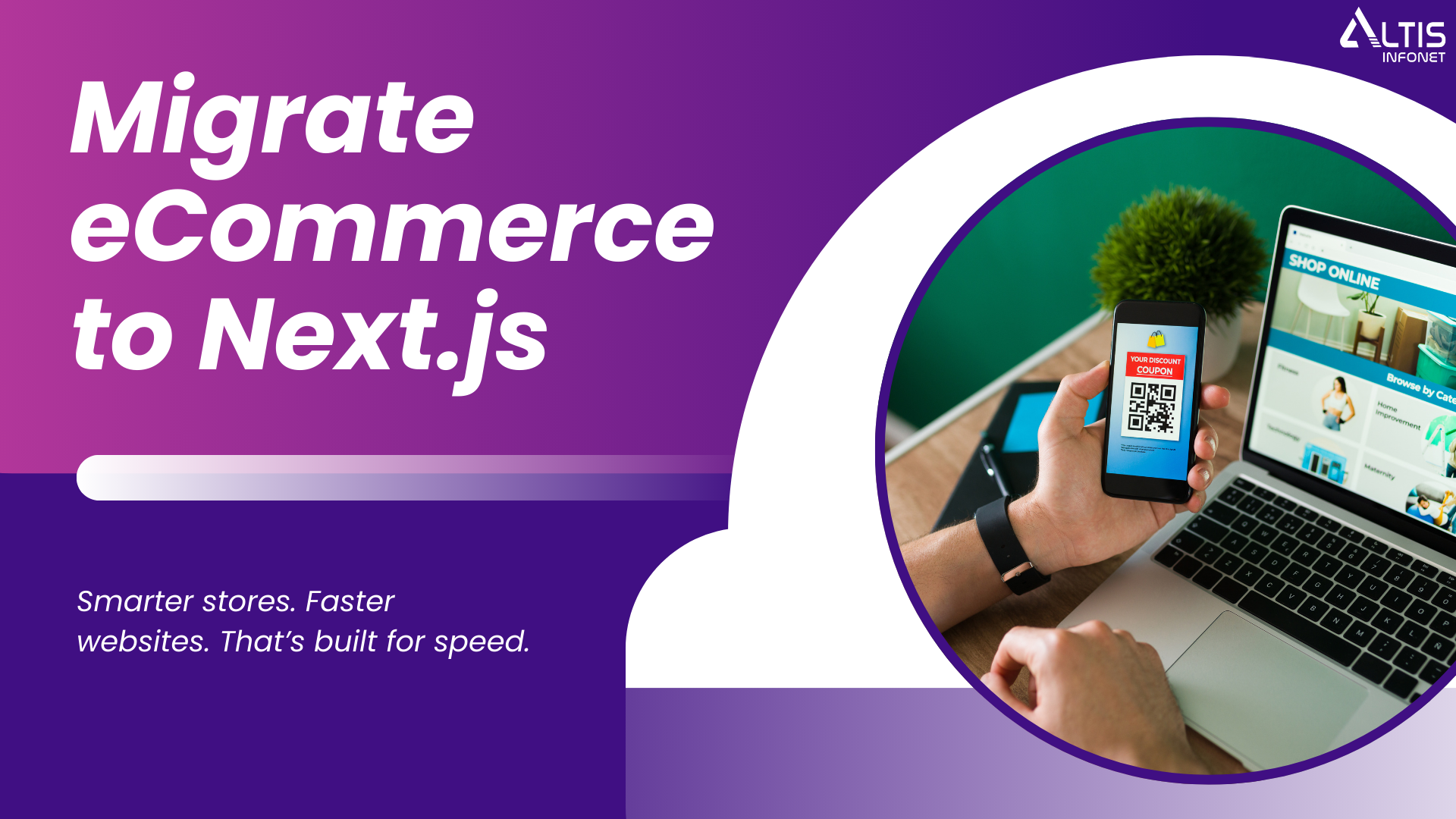Mobile presence is crucial for e-com businesses in today’s digital landscape. With the increasing number of mobile users, it’s essential to cater to their needs and provide seamless experiences. A mobile presence allows businesses to tap into a wider audience, enhance user engagement, and increase conversions. The two primary options for mobile presence are mobile apps and mobile websites. Mobile apps offer personalized experiences and device feature integration. On the other hand, mobile websites provide broader accessibility, easier maintenance, and compatibility across platforms. Choosing the right approach depends on factors such as target audience, business objectives, and desired functionality.
Pros and Cons of Mobile Apps
Mobile apps offer several advantages for e-commerce businesses. They provide an enhanced user experience through intuitive interfaces, personalized recommendations, and smooth navigation. However, there are some drawbacks to consider. Developing a mobile app requires significant investment in terms of time, resources, and costs. Additionally, catering to multiple platforms (IOS, Android) adds complexity to mobile app development, requiring separate development and maintenance efforts. Despite these challenges, mobile apps can greatly benefit e-commerce businesses by providing a feature-rich and engaging user experience.
Pros and Cons of Mobile Websites
Mobile websites offer numerous benefits for e-commerce businesses. Firstly, they provide broader accessibility since users can access the website across different devices and platforms without the need for specific installations. Secondly, mobile websites are easier to maintain as updates and changes can be implemented centrally without the need for separate app releases. Mobile websites hosted on VPS can handle higher traffic volumes, deliver faster page load times and smoother user experience. However, mobile websites typically have reduced functionality compared to dedicated apps, limiting access to certain device features and capabilities. Additionally, performance issues may arise due to varying network speeds and device capabilities. Despite these limitations, mobile websites provide a convenient and accessible way for users to engage with e-commerce businesses.
Factors to Consider
When deciding between a mobile app and a mobile website, several key factors should be considered. Firstly, the target audience plays a vital role. Determine if your audience prefers apps or if they are more likely to access your website. Next, align your decision with your business objectives. Evaluate whether an app’s personalized features or a website’s broader reach aligns better with your goals. Budget is another crucial factor. Consider the costs associated with mobile app development companies and ongoing maintenance compared to website development and updates. Lastly, evaluate desired features to assess whether they can be effectively implemented on a mobile website or if an app is necessary for optimal functionality.
Choosing the Right Approach
To make an informed decision on choosing the right approach between a mobile app and a mobile website, follow a step-by-step approach. First, conduct thorough user research to understand your target audience’s preferences, behaviour, and needs. This will help determine whether they are more likely to engage with an app or a website. Next, evaluate the expertise and services offered by mobile app developers. Consider their experience, portfolio, and client review to make an informed choice. Assess the scalability, performance, and security requirements of your business to determine if an app is necessary. Lastly, weigh the cost and development time associated with hiring a mobile app developer against the benefits it will bring to your business.
Conclusion
In conclusion, e-commerce businesses must have a strong mobile presence. We discussed the two primary options: mobile apps and mobile websites. Mobile apps offer enhanced user experiences but they come with development costs and the need for multiple platform support. On the other hand, mobile websites provide broader accessibility and easier maintenance, but they may have reduced functionality compared to apps and potential performance issues. To make the right decision, readers are encouraged to evaluate their specific needs. They should consider factors such as target audience, business objectives, budget, and desired features. By carefully assessing these aspects and considering their unique circumstances, readers can make an informed decision that aligns with their e-commerce business goals.





